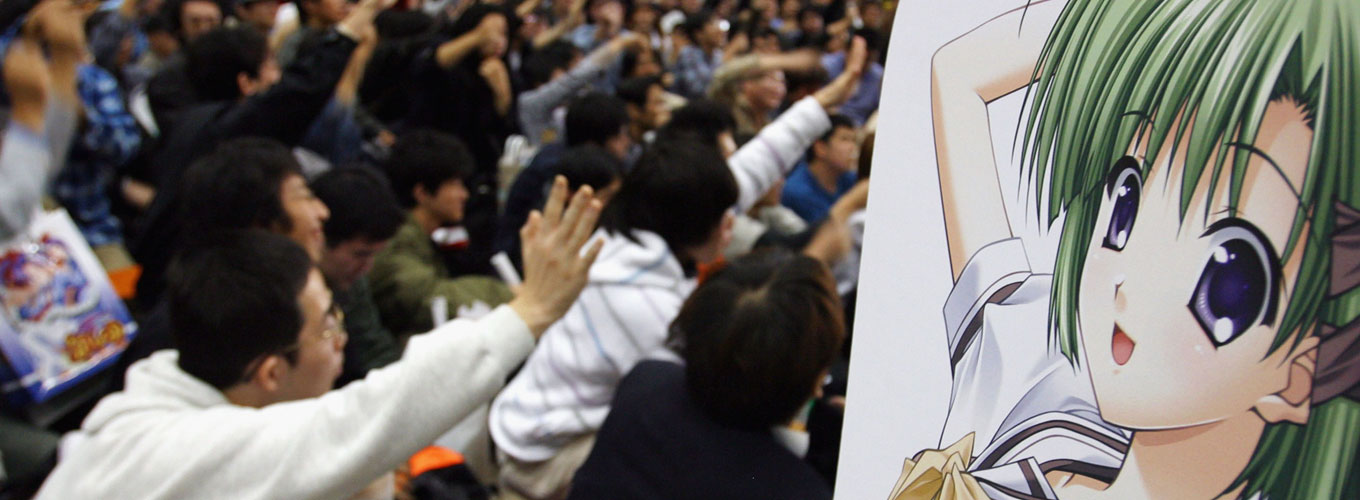Impact: Investigating the impact of fictional child characters on young people
Between 2010 and 2012, the Australian government entertained the idea of installing an ISP-level filter to stop Australians from accessing inappropriate material over the internet, particularly sexualised representations of minors.
The proposal failed for several reasons. Research, however, suggests that blocking is not the most effective way to deal with contentious online content.
Rather, those who produce and consume cultural representations on the internet have the capacity to form their own ethical communities and regulate content among their specific ‘communities of use’, and this includes young people themselves who can be active and engaged ‘digital citizens’.
How this communal-regulation plays out among young fans who produce and consume cultural material deriving from or inspired by Japan, in particular manga (comic books) and anime (animation) involving potentially problematic representations of fictional child characters, is the focus of research by Professor Mark McLelland and a team of postgraduate researchers at UOW.
In Japan, the depiction of imaginary ‘non-existent youth’ (hijitsuzai seishonen) has been a topic of intense media scrutiny for at least the last decade, with a range of arguments being put forward by artists, academics, feminist groups, citizens’ rights organisations and legal professionals, cautioning against the imposition of government controls on the content of popular culture.
However, due to Australian legislation that prohibits the positioning even of fictional child characters in a violent or sexual context, some of this material is illegal to view here.
Drawing on arguments from the Japanese public sphere, and engaging with the voices of young fans themselves, Professor McLelland and his team are asking what it is, exactly, we are trying to protect young people from through prohibiting their engagement with online fictional worlds that deal with the kinds of real-life problems many young people encounter in the process of growing up.
Findings from the project are already raising questions about the growing disconnect between the manner in which many adults imagine childhood and the lived realities of young people’s lives in today’s hyper-mediated world.
- FACULTY OF LAW, HUMANITIES AND THE ARTS, UOW
Professor Mark McLelland
Copyright © 2014 University of Wollongong. CRICOS Provider No: 00102E Privacy | Disclaimer & Copyright Info | Site Map

